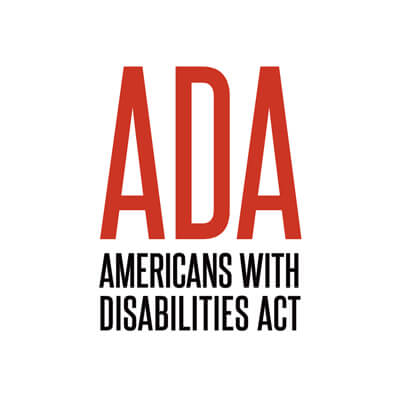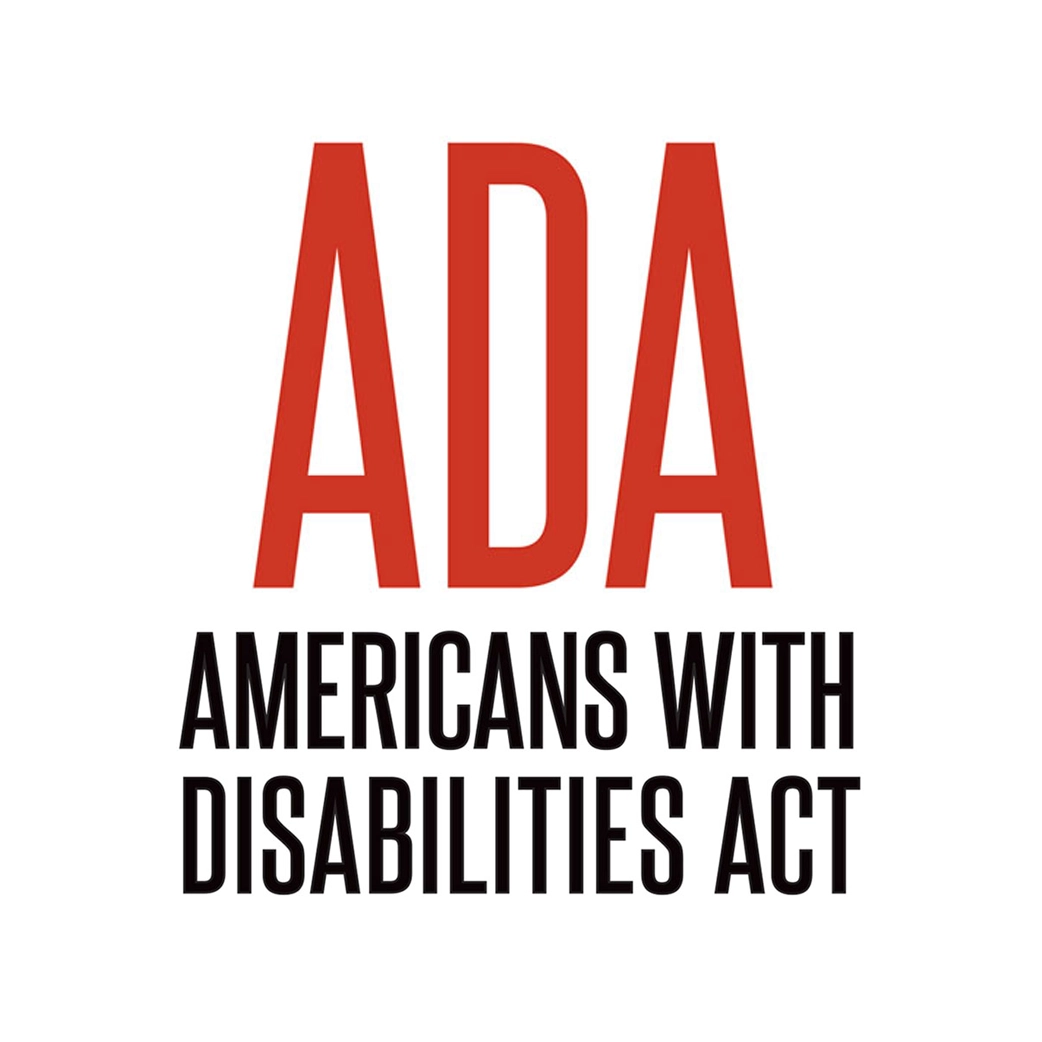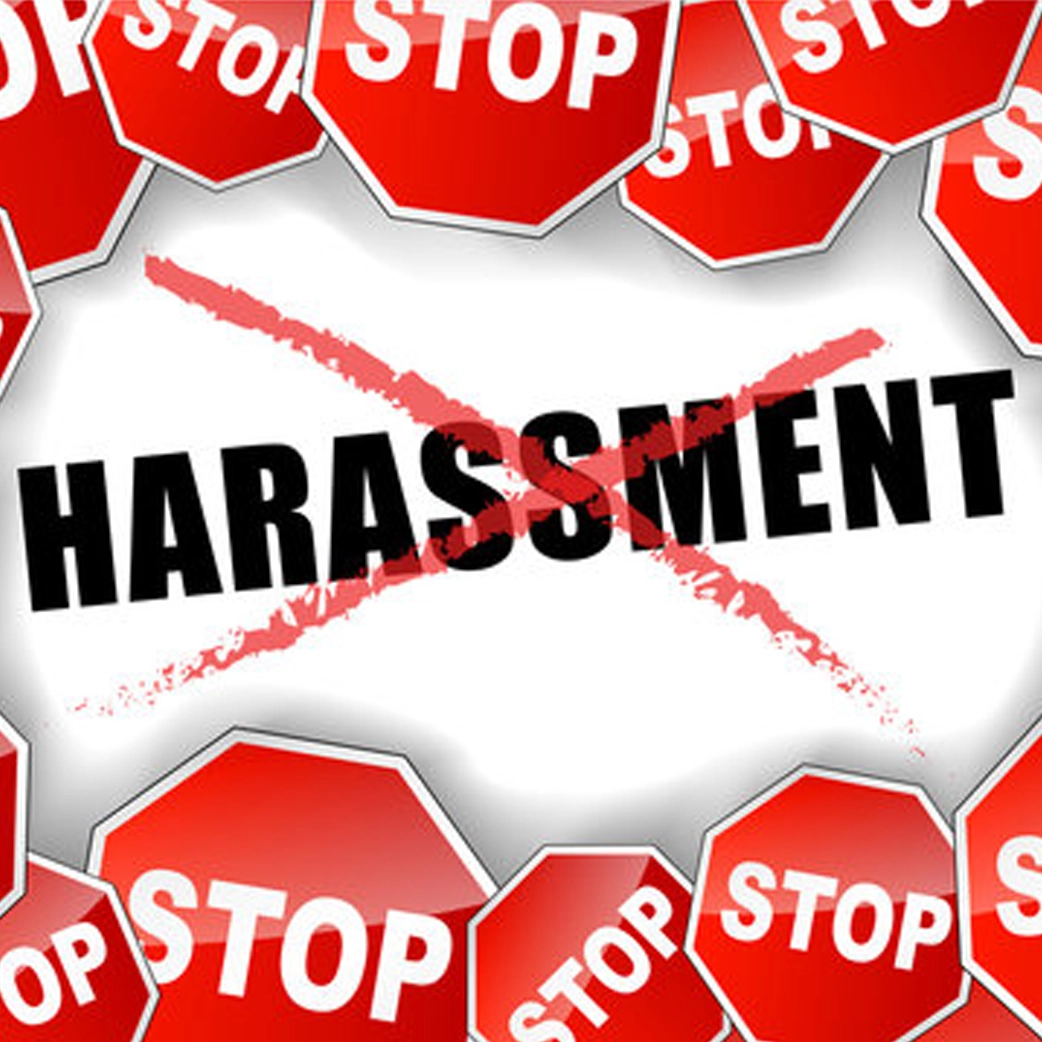(COVID-19)Novel Coronavirus Update
Online John Hopkins CSSE Coronavirus Dashboard
WHO Novel Coronavirus (2019-nCoV) website
European Centre for Disease Prevention and Control, Novel coronavirus in China page
The number of cases worldwide continues to climb. According to health officials, there have been 126,443 confirmed cases of COVID-19. More than 68,300 people have recovered, and 4,641 people have died.
The spread of the coronavirus across more than 100 countries now qualifies as a global pandemic, World Health Organization officials said on Wednesday, confirming what many epidemiologists have been saying for weeks. There is evidence on six continents of sustained transmission of the virus, which has infected more than 126,000 people and killed more than 4,600. The last pandemic declared by the W.H.O. was in 2009, for a new strain of H1N1 influenza.
In the U.S., President Trump announced that he was taking action to stem the spread of the coronavirus by suspending most travel from Europe to the United States for 30 days, beginning on Friday. The restrictions do not apply to Britain, he said. President Trump imposed a 30-day ban on foreigners who have been in the 26 countries that make up the European Union’s Schengen Area in the previous two weeks. The limits take effect Friday at midnight and will exempt American citizens and permanent legal residents and their families, although they could be funneled to certain airports for enhanced screening. The State Department issued an advisory telling Americans to “reconsider travel” to all countries because of the global effects of the coronavirus. It is the department’s second-strongest advisory, behind “do not travel.”
Additionally, the N.B.A. suspends its season after a player tests positive for the coronavirus and the NCAA Basketball Tournament will be played without fans. To this point, California became the latest state to impose new measures bent on containing the virus, including telling citizens to postpone or cancel gatherings with more than 250 people, including sports events, conferences and concerts, through the end of March. The new guidelines also advised against gatherings in smaller venues that don’t allow for six feet of distance between people, such as a crowded auditorium. Groups of high-risk individuals, such as those in retirement or assisted-living facilities, should be limited to no more than 10 people, the officials said.
Governments around the U.S. were rapidly embarking on new containment efforts on Wednesday as the number of known U.S. cases of coronavirus infection rose to more than 1,320 in 42 states and the District of Columbia have now tested positive for the virus, and there have been at least 37 related deaths. With the hardest hit areas including Washington, California, New York, and Massachusetts. Some universities are extending holiday breaks or suspending classes as a precautionary measure. Multiple cities are also banning large gatherings and sporting events. Nearly a dozen Texas universities announced Wednesday they would extend students’ spring breaks and start switching to online classes, joining a swelling group of colleges across the country taking steps to prepare their campuses for the novel coronavirus.
China has passed the peak of the coronavirus outbreak, a spokesman for the country’s health ministry said on Thursday. The new coronavirus first emerged in China late last year and the country has recorded about two-thirds of the cases worldwide. Its new cases however have dropped sharply in recent days. On Thursday, China said it had just 15 new coronavirus cases and 11 deaths over the previous day. Eight of the infections were in Wuhan, the central Chinese city where the epidemic first spread, and six were diagnosed among travelers arriving from abroad. China’s total count of confirmed infections is 80,932, including 3,169 deaths.
In S. Korea, the outbreak has slowed due to the government efforts of containment. Currently there are 7,869 cases with 66 deaths. South Korea’s top public health official hopes that the country has already gone through the worst of the novel coronavirus outbreak that has infected thousands inside the country. “We are hoping that we have passed the peak, taking the numbers into consideration, and cautiously expecting we have passed the peak,” explained South Korean Health Minister Park Neunghoo. The South Korean government has been among the most ambitious when it comes to providing the public with free and easy testing options. It has the ability run about 15,000 diagnostic test per day and has conducted 196,000 tests to date nationwide, free of charge. Authorities in the city of Goyang even set up drive-thru testing booths. “Detecting patients at an early stage is very important and we learned the simple lessons by dealing with this virus that this is very contagious — and once it starts, it spreads very quickly and in very wide areas,” Park said. “Raising the testing capability is very important because that way, you can detect someone who’s carrying the virus, then you can contain the virus.” South Korean authorities also arranged facilities for patients who were only suffering from mild symptoms. Park said only about 10% of coronavirus patients required hospitalization, while the rest had strong enough immune systems to fight the virus on their own.
In Italy, Prime Minister Giuseppe Conte announced further lockdown measures on Wednesday, March 11, aimed at limiting the spread of coronavirus (COVID-19). The new measures are in effect nationwide between Thursday, March 12, through Wednesday, March 25. After advising all individuals in the country to stay at home, he explained that under the new measures all non-essential businesses will close including museums, cinemas, resorts, retail, restaurants, and personal services. Public gatherings remain suspended nationwide. All individuals are recommended to work from home and respect an interpersonal distance of 1 m (3 ft). Essential services such as the agriculture, finance, and public transport sectors remain operational, as well as pharmacies and markets selling only foodstuffs. Prime Minister Conte clarified that catering services such as canteens and food and drink establishments in the vicinity of public transport can only operate if they can guarantee a distance of 1 m (3 ft) between persons. He also said that interregional automotive services as well as rail, air, and sea transport services will be reduced. However, any individual requiring essential travel must first have police permission. While essential domestic and international travel from Italy is still possible under specific circumstances as of Thursday, numerous countries worldwide have restricted or banned travel to or from Italy. Potentially impacted individuals are advised to contact their embassy for more information. The Ministry of Health has confirmed 12,462 cases of COVID-19 nationwide as of 18:00 (local time) on March 11, including 827 associated fatalities. The highest number of cases have been recorded in Lombardia and Emilia-Romagna regions respectively. Further spread of the virus is expected in the near term.
In the UK, Rishi Sunak, Britain’s Chancellor of the Exchequer, a position equivalent to the Treasury Secretary in the U.S., said Thursday that the U.K. did not yet believe it was necessary to impose the kind of blanket travel ban announced the previous day by the Trump administration. The government is expected to announce that it is stepping up its response to the coronavirus. It comes after the World Health Organization labelled the outbreak of the disease as a pandemic. It is anticipated the UK will switch to tactics aimed at delaying its spread, rather than containing it, when the government’s emergency committee meets. Scottish Secretary Alister Jack also suggested new UK measures could include requiring people to stay at home if they have a raised temperature combined with symptoms of a cold. There are now 460 confirmed cases in the UK – 387 in England, 36 in Scotland, 18 in Northern Ireland and 19 in Wales. In all, 27,476 people have been tested so far. Eight people have died.
In Saudi Arabia, On Thursday, March 12, the Ministry of Interior announced significant travel restrictions between the Kingdom and the EU, Switzerland, India, Pakistan, Sri Lanka, Philippines, Sudan, South Sudan, Ethiopia, Eritrea, Kenya, Djibouti, and Somalia due to the ongoing outbreak of coronavirus (COVID-19). All Saudi citizens and residents are suspended from traveling to the aforementioned areas, while all individuals coming from those areas will be barred from entering the Kingdom once the decree comes into effect. The ministry also halted flights to and from the affected areas. The Ministry of Foreign Affairs (MOFA) clarified that Saudi citizens and citizens of the EU and the other aforementioned countries have 72 hours from Thursday to return to Saudi Arabia before the travel suspensions come into effect. Authorities also announced the suspension of all passenger traffic via the land crossings with Jordan, while commercial and cargo traffic is permitted to continue. Flight cancelations and rescheduling are expected in the coming hours and days. Saudi Arabia previously suspended travel by air and sea to and from Oman, Turkey, UAE, Kuwait, Bahrain, Lebanon, Syria, South Korea, Egypt, and Iraq on Monday, March 9. However, MOFA representatives said that exceptions will be made for shipping, trade, and evacuations between the Kingdom and these countries. Other travel restrictions remain in place since Wednesday, March 4, including requiring travelers from a Gulf Cooperation Council (GCC) country to remain there for 14 continuous days and show no symptoms of the virus in order to gain entry into Saudi Arabia. Meanwhile, visas for tourists from dozens of countries where the Kingdom considers the spread of the virus to be a threat, including China, Italy, Japan, Kazakhstan, Malaysia, and Singapore, remain temporarily suspended since March 4. To prevent further spread of the virus, authorities ordered a temporary lockdown of the eastern Qatif region, on Sunday, March 8, after 11 individuals from the area tested positive for the virus. All entry and exit into Qatif has been halted, and work at all government and private institutions has been suspended. The education minister announced on Sunday that all schools and universities nationwide will be suspended from Monday, March 9, until further notice. Officials have confirmed 45 cases of COVID-19 nationwide as of March 12.
Due to the ongoing outbreak, CDC recommends that travelers avoid all nonessential travel to Iran and China. Entry of foreign nationals from these destinations has been suspended. The public health agency has issued the following travel guidance related to COVID-19:
- China (Level 3 Travel Health Notice)
- Iran (Level 3 Travel Health Notice)
- Italy (Level 3 Travel Health Notice)
- Japan (Level 2 Travel Health Notice)
The State Department issued an advisory telling Americans to “reconsider travel” to all countries because of the global effects of the coronavirus. It is the department’s second-strongest advisory, behind “do not travel.”












